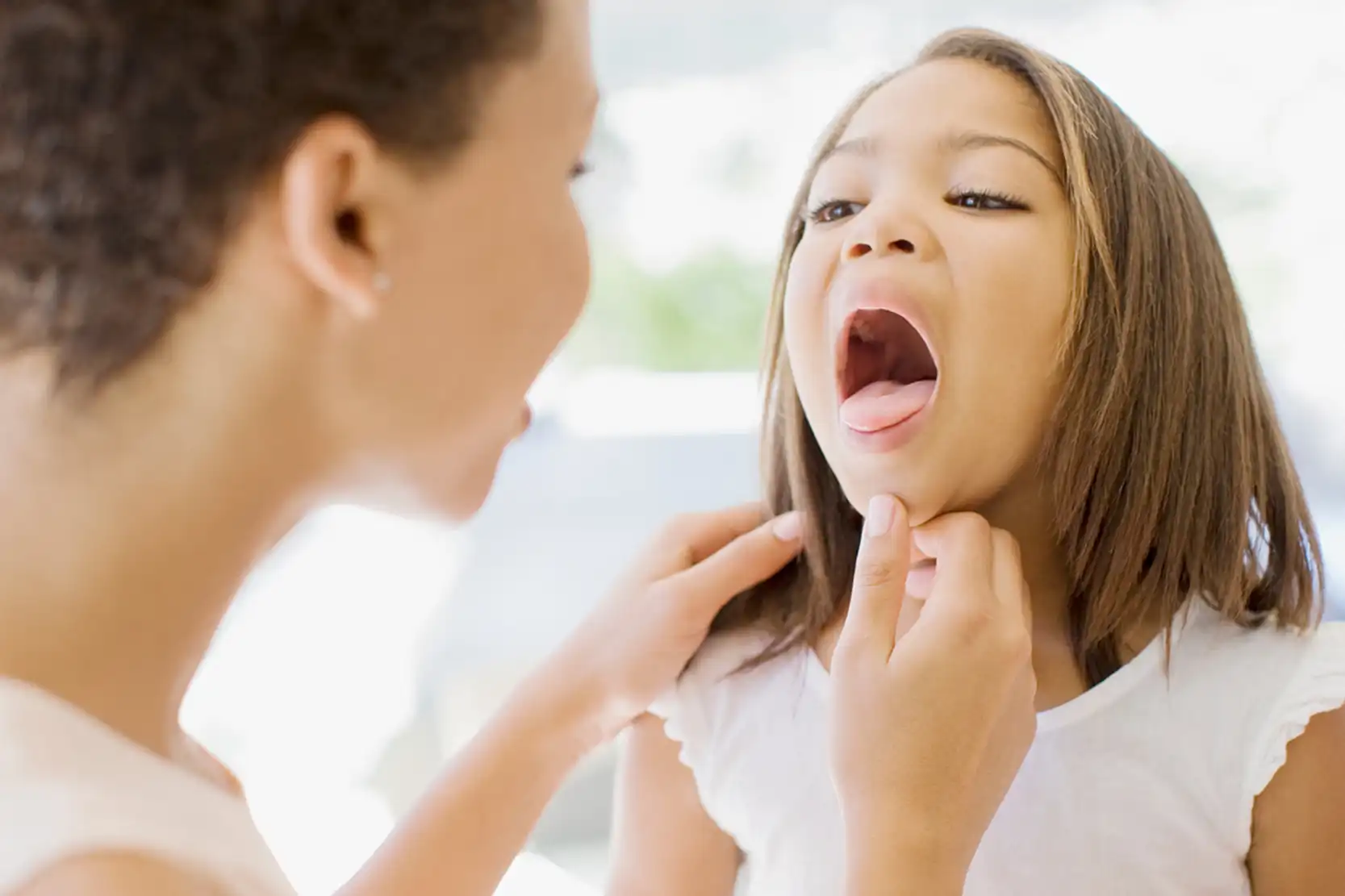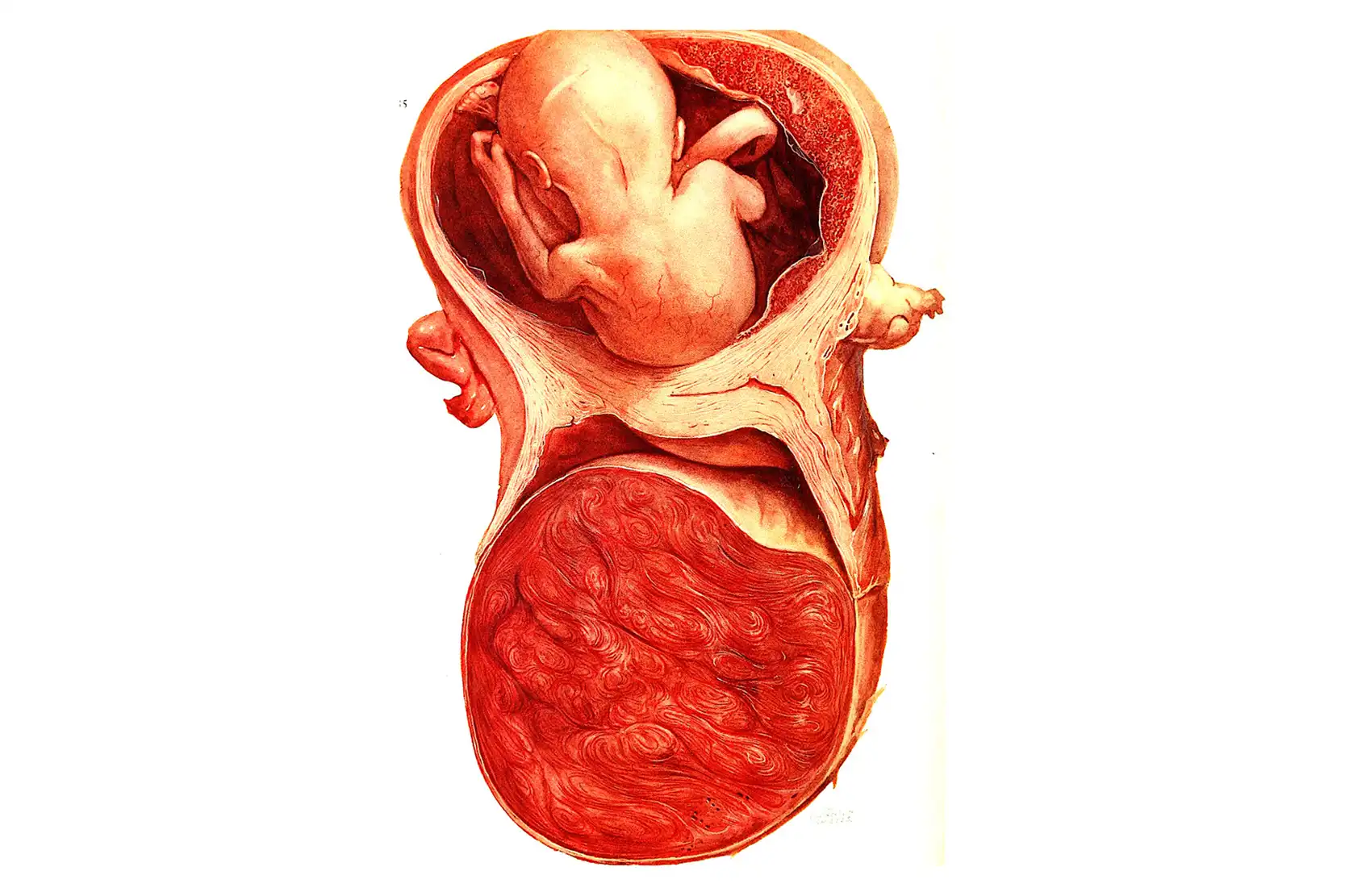
HEALTH BLOG
The Connection Between Biological Age and Pregnancy
-
Rahul Priydarss
Unlock the connection between biological age and pregnancy with insightful research from the Columbia University Mailman School of Public Health. Explore the impact of pregnancy on biological aging, phases of pregnancy, factors influencing biological age, and practical tips for improving overall health and fertility. Gain valuable insights into how biological age influences pregnancy outcomes and discover strategies to optimize reproductive health.
What is Biological Age:
Biological age is a way to measure how old your body is on a cellular level, rather than simply how many years you’ve been alive (chronological age). This can be different from your chronological age because some people age faster or slower than others due to genetics and lifestyle choices.
For example, a person who eats a healthy diet, exercises regularly, and doesn’t smoke may have a biological age that is lower than their chronological age. Conversely, someone who has a poor diet, is sedentary, and smokes may have a biological age that is higher than their chronological age.
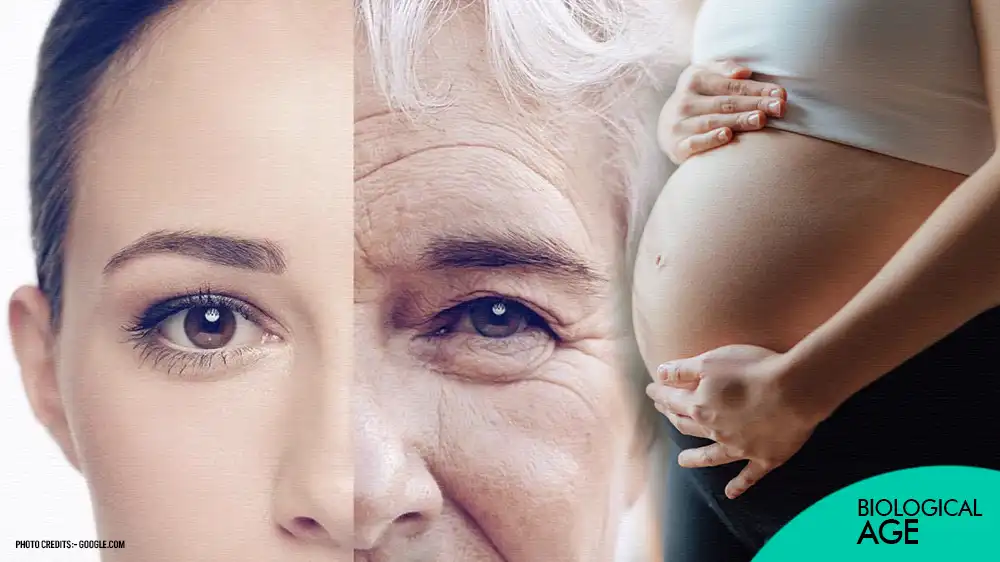
Table of Contents
Understanding Pregnancy and Its Phases:
Pregnancy is a remarkable journey marked by significant physiological and emotional changes in a woman’s body. It is divided into three distinct phases, known as trimesters, each lasting approximately three months. Understanding these phases is crucial for expectant mothers and healthcare providers alike.
First Trimester: Weeks 1-12:
The first trimester begins with conception, when a sperm fertilizes an egg, forming a zygote. The zygote undergoes rapid cell division as it travels down the fallopian tube and implants itself into the lining of the uterus, a process known as implantation. During this time, the embryo develops essential structures such as the neural tube, which will later form the brain and spinal cord.
Expectant mothers may experience various symptoms during the first trimester, including morning sickness, fatigue, breast tenderness, and frequent urination. Hormonal changes, particularly an increase in progesterone and estrogen levels, play a crucial role in orchestrating these physiological changes.
Second Trimester: Weeks 13-26:
The second trimester is often referred to as the “golden period” of pregnancy, characterized by a reduction in early pregnancy symptoms and the emergence of fetal movements, known as quickening. During this phase, the fetus undergoes rapid growth and development, doubling or even tripling in size.
Expectant mothers may experience a surge in energy levels and an improvement in mood during the second trimester. It is also a time when many prenatal tests, such as ultrasound scans and genetic screenings, are performed to assess fetal health and development.
Third Trimester: Weeks 27-40:
The third trimester is marked by the continued growth and maturation of the fetus, as well as the preparation of the mother’s body for childbirth. As the uterus expands to accommodate the growing baby, expectant mothers may experience discomfort due to pressure on the pelvic organs and stretching of the abdominal muscles.
During the third trimester, fetal movements become more pronounced, and the baby’s position may change in preparation for delivery. Braxton Hicks contractions, also known as “practice contractions,” may occur as the body prepares for labor.
Factors Influencing Biological Age:
Biological age, as a measure of an individual’s health and vitality, is influenced by a variety of factors, both internal and external. These factors play a significant role in shaping how the body ages and functions over time.
Genetic Factors: Genetics plays a fundamental role in determining biological age. Traits inherited from parents and ancestors can influence susceptibility to certain diseases, metabolic rate, immune function, and overall longevity. While genetic makeup provides a foundation, lifestyle choices and environmental factors can modulate genetic expression and influence biological age.
Lifestyle Factors: Lifestyle choices have a profound impact on biological age. Diet, exercise, sleep patterns, stress management, and substance use all contribute to overall health and well-being. A balanced diet rich in fruits, vegetables, whole grains, and lean proteins provides essential nutrients that support cellular function and repair. Regular physical activity improves cardiovascular health, muscle strength, and metabolic function, while adequate sleep promotes restorative processes and cognitive function.
Conversely, unhealthy lifestyle habits such as poor diet, sedentary behavior, smoking, excessive alcohol consumption, and chronic stress can accelerate aging processes and increase the risk of age-related diseases such as cardiovascular disease, diabetes, and neurodegenerative disorders.
Environmental Exposures: Exposure to environmental toxins, pollutants, and harmful substances can accelerate biological aging and contribute to the development of chronic diseases. Air pollution, pesticides, heavy metals, and industrial chemicals can impair cellular function, disrupt hormone balance, and promote oxidative stress and inflammation. Additionally, lifestyle factors such as excessive sun exposure and tanning bed use can accelerate skin aging and increase the risk of skin cancer.
Psychological Factors: Psychological factors such as stress, depression, and social isolation can impact biological age and overall health. Chronic stress activates the body’s stress response system, leading to increased production of stress hormones such as cortisol, which can have detrimental effects on immune function, metabolism, and cardiovascular health. Conversely, positive psychological states such as optimism, resilience, and social support are associated with improved health outcomes and longevity.
Impact of Biological Age on Pregnancy:
Biological age, which reflects an individual’s overall health and vitality, plays a crucial role in determining the success and outcomes of pregnancy. As women age, their biological age can influence various aspects of reproductive health, fertility, and pregnancy-related risks.
Fertility Rates: One of the primary impacts of biological age on pregnancy is its effect on fertility rates. Women are born with a finite number of eggs, and as they age, the quantity and quality of these eggs decline. This decline in ovarian reserve can reduce the likelihood of conception and increase the time it takes to achieve pregnancy. Additionally, advanced maternal age is associated with a higher incidence of infertility and a lower success rate of assisted reproductive technologies such as in vitro fertilization (IVF).
Pregnancy Risks: Biological age also influences the risk of pregnancy-related complications and adverse outcomes. Older maternal age is associated with an increased risk of miscarriage, chromosomal abnormalities such as Down syndrome, and pregnancy complications such as gestational diabetes, preeclampsia, and placental abnormalities. Advanced maternal age is also linked to a higher likelihood of preterm birth and low birth weight, which can impact the health and development of the newborn.
Health of the Mother: The impact of biological age on pregnancy extends beyond the fetus to the health of the mother. Older maternal age is associated with a higher prevalence of pre-existing medical conditions such as hypertension, diabetes, and cardiovascular disease, which can complicate pregnancy and increase the risk of maternal morbidity and mortality. Additionally, older mothers may experience more challenges in recovering from childbirth and may be at increased risk of postpartum complications such as depression and breastfeeding difficulties.
Genetic Considerations: Biological age also influences the genetic health of the offspring. As women age, the risk of chromosomal abnormalities such as trisomy 21 (Down syndrome) increases, particularly during conception with older eggs. Advanced paternal age is also associated with an increased risk of genetic mutations and conditions such as autism spectrum disorder and schizophrenia.
Measuring Biological Age: Measuring biological age involves assessing various biomarkers and physiological parameters that reflect an individual’s overall health and aging process. Unlike chronological age, which is simply the number of years since birth, biological age provides insights into an individual’s health status and susceptibility to age-related diseases. Several methods and techniques are used to measure biological age, each offering unique advantages and insights.
Biomarkers: Biomarkers are measurable indicators of biological processes or states within the body. They can include physical, biochemical, or molecular characteristics that change with age and health status. Common biomarkers used to assess biological age include.
- Blood Pressure: Elevated blood pressure is associated with cardiovascular disease and aging-related changes in vascular function.
- Cholesterol Levels: High LDL cholesterol and low HDL cholesterol levels are risk factors for cardiovascular disease and may indicate accelerated aging.
- Blood Sugar Levels: Abnormal glucose metabolism and insulin resistance are associated with aging and increased risk of diabetes.
- Inflammatory Markers: Elevated levels of inflammatory markers such as C-reactive protein (CRP) and interleukin-6 (IL-6) are associated with chronic inflammation, a hallmark of aging and age-related diseases.
- Telomere Length: Telomeres are protective caps at the ends of chromosomes that shorten with each cell division and aging. Shortened telomeres are associated with cellular senescence and increased risk of age-related diseases.
- Epigenetic Modifications: Epigenetic changes, such as DNA methylation patterns, can influence gene expression and cellular function. Epigenetic clocks, which measure changes in DNA methylation over time, provide a more accurate estimation of biological age.
Epigenetic Clocks: Epigenetic clocks are mathematical models that estimate biological age based on DNA methylation patterns at specific sites in the genome. These clocks use machine learning algorithms trained on large datasets of DNA methylation profiles from various tissues and individuals of different ages. By comparing an individual’s DNA methylation profile to the patterns observed in the training dataset, epigenetic clocks can predict biological age with high accuracy.
Functional Tests: Functional tests assess physiological functions and capabilities that decline with age, such as muscle strength, balance, flexibility, and cognitive function. These tests provide valuable insights into an individual’s physical and cognitive health and can help assess biological age in conjunction with other biomarkers.
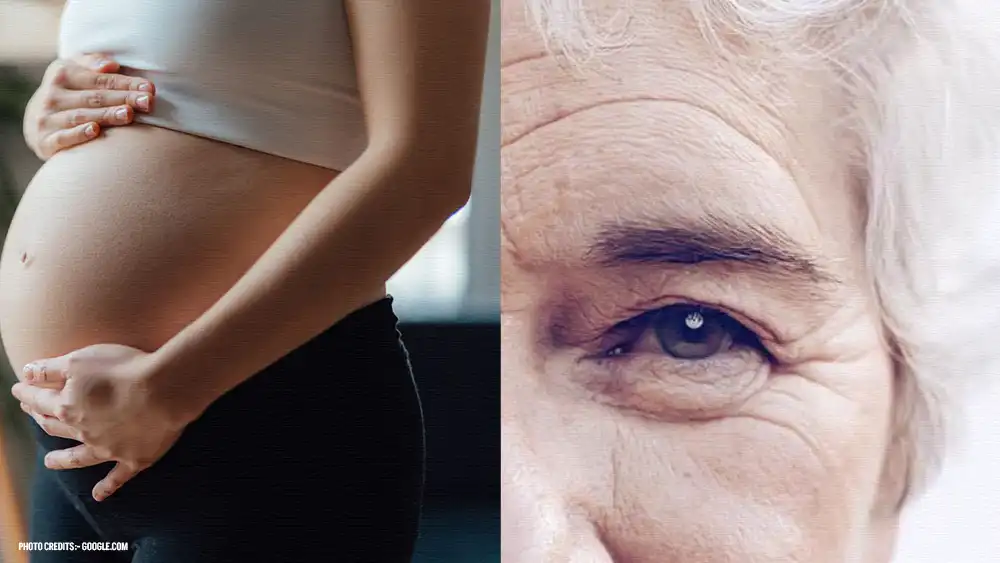
How to Improve Biological Age:
Improving biological age involves adopting lifestyle habits and interventions that promote overall health, vitality, and resilience. While biological aging is a natural process, certain strategies can help slow down the rate of aging and optimize physiological function. Here are some effective ways to improve biological age.
1. Balanced Diet and Nutrition: Consuming a balanced diet rich in fruits, vegetables, whole grains, lean proteins, and healthy fats provides essential nutrients that support cellular function, repair, and regeneration. Antioxidant-rich foods such as berries, leafy greens, and nuts help neutralize harmful free radicals and reduce oxidative stress, a major contributor to aging and age-related diseases.
2. Regular Exercise and Physical Activity: Engaging in regular physical activity, including aerobic exercise, strength training, and flexibility exercises, improves cardiovascular health, muscle strength, and metabolic function. Exercise also enhances cognitive function, reduces inflammation, and promotes the release of endorphins, which are natural mood boosters.
3. Stress Management: Chronic stress accelerates biological aging by increasing levels of stress hormones such as cortisol, which can impair immune function, disrupt hormonal balance, and promote inflammation. Adopting stress-reduction techniques such as mindfulness meditation, deep breathing exercises, yoga, and progressive muscle relaxation can help lower stress levels and improve overall well-being.
4. Adequate Sleep: Getting sufficient sleep is essential for cellular repair, cognitive function, and overall health. Aim for 7-9 hours of quality sleep per night to allow the body to rest, repair, and regenerate. Establishing a consistent sleep schedule, creating a relaxing bedtime routine, and creating a conducive sleep environment can promote restful sleep and improve biological age.
5. Avoiding Harmful Substances: Limiting exposure to harmful substances such as tobacco, alcohol, and illicit drugs can protect against cellular damage, oxidative stress, and premature aging. Smoking accelerates aging by damaging DNA, impairing lung function, and increasing the risk of chronic diseases such as cancer, heart disease, and respiratory disorders.
6. Social Connection and Support: Maintaining social connections and cultivating supportive relationships can improve mental well-being, reduce stress, and promote healthy aging. Engage in activities that foster social interaction, such as volunteering, joining clubs or community groups, and spending time with friends and family.
7. Continuous Learning and Mental Stimulation: Keeping the brain active and engaged through lifelong learning, cognitive challenges, and mental stimulation can help preserve cognitive function and reduce the risk of age-related cognitive decline. Engage in activities such as reading, puzzles, games, and learning new skills to promote brain health and improve biological age.
Tips for Women Planning Pregnancy:
Preparing for pregnancy involves more than just stopping contraception. It requires careful consideration of various factors to optimize maternal health, fertility, and the well-being of the future baby. Here are some practical tips for women planning pregnancy.
1. Preconception Counseling: Schedule a preconception counseling appointment with a healthcare provider to discuss your reproductive health, medical history, and any concerns or questions you may have about pregnancy. Your healthcare provider can offer personalized advice, screen for potential risk factors, and recommend lifestyle modifications or medical interventions if necessary.
2. Start Taking Prenatal Vitamins: Begin taking a prenatal vitamin supplement containing folic acid or folate, which is crucial for preventing neural tube defects in the developing baby. Ideally, start taking prenatal vitamins at least one to three months before conception to ensure adequate nutrient levels in the body.
3. Maintain a Healthy Lifestyle: Adopting a healthy lifestyle before pregnancy can optimize fertility, reduce the risk of pregnancy complications, and support the health and development of the baby. Eat a balanced diet rich in fruits, vegetables, whole grains, lean proteins, and healthy fats. Avoid excessive alcohol consumption, smoking, and illicit drug use, as these can harm fertility and fetal development.
4. Achieve a Healthy Weight: Maintaining a healthy weight before pregnancy is essential for fertility and maternal health. Being underweight or overweight can affect hormonal balance, ovulation, and the likelihood of conception. Aim for a body mass index (BMI) within the normal range (18.5-24.9) before trying to conceive.
5. Track Your Menstrual Cycle: Understanding your menstrual cycle and ovulation patterns can help optimize timing for conception. Use ovulation predictor kits, fertility tracking apps, or simple calendar tracking to identify your fertile window and increase the chances of conception.
6. Address Medical Conditions: If you have any pre-existing medical conditions such as diabetes, hypertension, thyroid disorders, or autoimmune diseases, work with your healthcare provider to optimize management before pregnancy. Properly managing chronic conditions can reduce the risk of pregnancy complications and promote a healthy pregnancy outcome.
7. Minimize Exposure to Harmful Substances: Avoid exposure to harmful substances such as environmental toxins, pesticides, chemicals, and radiation, which can affect fertility and fetal development. Take precautions in the workplace and at home to minimize exposure to potential hazards.
8. Manage Stress: Stress can impact fertility and reproductive health. Practice stress-reduction techniques such as mindfulness, meditation, yoga, deep breathing exercises, and relaxation techniques to promote emotional well-being and optimize fertility.
Impact of Pregnancy on Biological Age: Insights from a Study:
A recent study conducted by scientists at the Columbia University Mailman School of Public Health in New York has shed light on the potential impact of pregnancy on the biological aging process in women. Published in the Proceedings of the National Academy of Sciences, this research delved into the relationship between reproductive history and DNA samples from a cohort of 1,735 individuals over the long term.
Research Methodology: To investigate the influence of pregnancy on the aging process, the researchers extended their health survey to the Philippines. Here, they analyzed the reproductive histories and DNA samples of participants, utilizing six different epigenetic clocks. These clocks are genetic tools that estimate biological age by examining patterns of DNA methylation, a key epigenetic modification that regulates gene expression.
Understanding DNA Methylation: DNA methylation plays a crucial role in controlling gene expression by modifying chromosomal structure, DNA conformation, stability, and the interaction between DNA and proteins. By examining DNA methylation patterns, researchers can gain insights into an individual’s biological age and the aging process.
Key Findings: The study, which focused on 825 young women, revealed a significant association between pregnancy and biological aging. Specifically, each reported pregnancy was linked to an additional two to three months of biological aging. Furthermore, women who reported multiple pregnancies during a six-year follow-up period exhibited a greater increase in biological aging compared to their counterparts.
Implications and Further Research: These findings highlight the potential impact of pregnancy on the biological aging process in women. Understanding how reproductive experiences influence biological age can have implications for reproductive health, aging-related diseases, and overall well-being. Further research in this area is needed to explore the underlying mechanisms and potential interventions to mitigate the effects of pregnancy on biological aging.
FAQs about Biological Age:
A1: Biological age is a measure of how old your body is on a cellular level, reflecting factors like genetics and lifestyle choices. It differs from chronological age, which is simply the number of years you’ve been alive.
A2: Research suggests that each reported pregnancy may be linked to an additional two to three months of biological aging in women. Multiple pregnancies over time may further accelerate biological aging.
A3: Pregnancy is divided into three trimesters, each lasting approximately three months. These phases include the first trimester (weeks 1-12), second trimester (weeks 13-26), and third trimester (weeks 27-40).
A4: Yes, lifestyle factors such as diet, exercise, stress management, and avoiding harmful substances can influence both biological age and pregnancy outcomes.
A5: Biological age is measured using various biomarkers and epigenetic clocks, which assess factors like blood pressure, cholesterol levels, DNA methylation patterns, and functional tests of physiological functions.
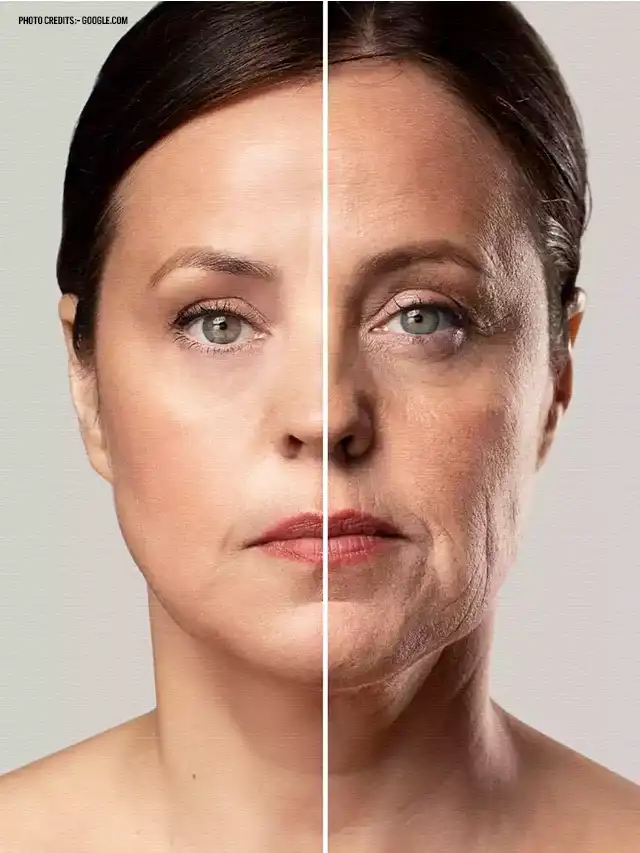
-Please remember, to always consult with healthcare professionals or Doctors for personalised advice related to medical conditions.
Conclusion:
In conclusion, the relationship between biological age and pregnancy is complex and multifaceted. Research indicates that each pregnancy may influence biological aging in women, underscoring the importance of understanding these dynamics for reproductive health. By delving into the phases of pregnancy, factors shaping biological age, and strategies for improvement, individuals can take proactive steps toward enhancing overall well-being and fertility.




